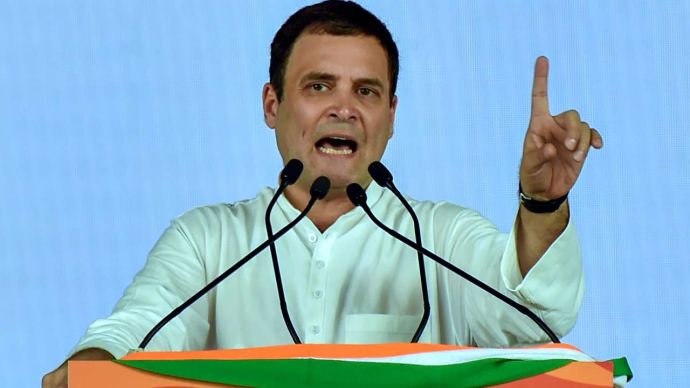The Centre is set to launch one of the largest vaccination drives against the deadly COVID-19 across India early next year.
To answer questions about the immunization program, the Union Health Ministry on Friday released a set of 21 frequently asked questions (FAQs) , along with a list of six FAQs for the health care providers and frontline workers.
It responded to various questions, including whether taking the vaccine is necessary for a COVID-19-recovered person.
It answered questions such as if taking the vaccine is mandatory, how long do antibodies take to develop after vaccination, and if it is necessary for a person who has recovered from COVID-19 to take the vaccine.
According to the Ministry, it is advisable even for people who have recovered from COVID-19 to take the vaccine in order to build a strong immune response against the disease.
“It is advisable to receive a complete schedule of COVID vaccine irrespective of the past history of infection with COVID-19. This will help in developing a strong immune response against the disease,” it said.
Regarding the vaccination procedure, the Centre said, “Two doses of vaccine, 28 days apart, need to be taken by an individual to complete the vaccination schedule. Protective levels of antibodies are generally developed two weeks after receiving the second dose.”
In the initial phase, priority goes to healthcare and frontline workers. “50-plus age group may also begin early based on vaccine availability,” it said.
The Ministry said eligible beneficiaries will be informed on their registered mobile number when and where the vaccination will be provided.
It advised beneficiaries to rest at the vaccination center at least for 30 minutes after taking the vaccine, and inform concerned health authorities in case of discomfort.
It said common side effects could include mild fever, body aches, and pain at the site of injection.
“Photo ID is a must for both registration and verification of beneficiary at the session site to ensure that the intended person is vaccinated,” said the Ministry.
Any of the following documents can be used for registration: driving license, MGNERGA job card, PAN card, bank passbook, passport, pension document, voter-ID, official IDs of MPs/MLAs/MLCs, government-issued service ID card, and Labor Ministry-issued health insurance smartcard.































